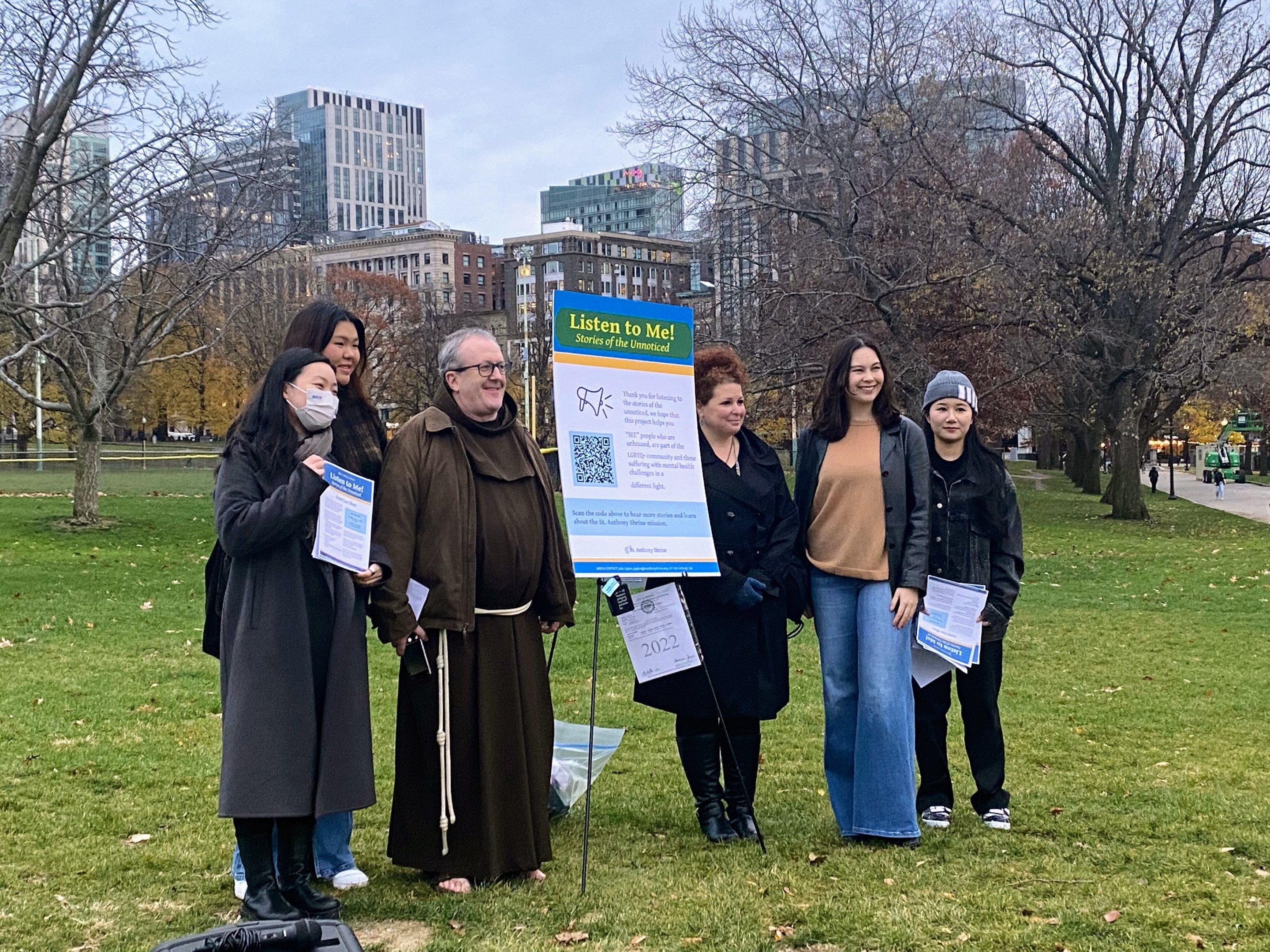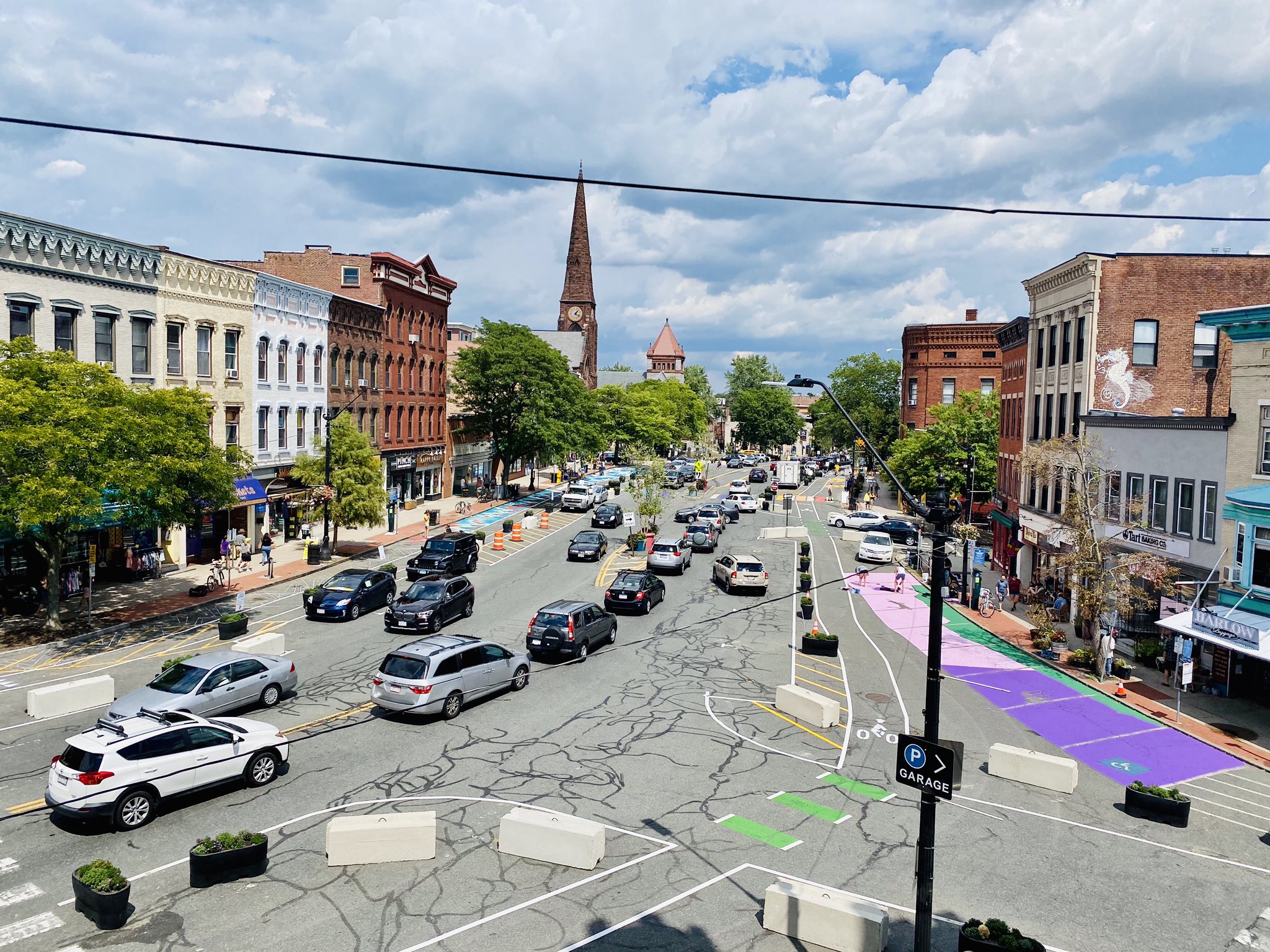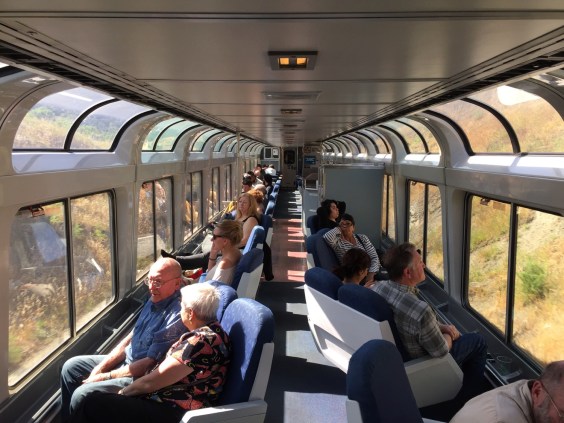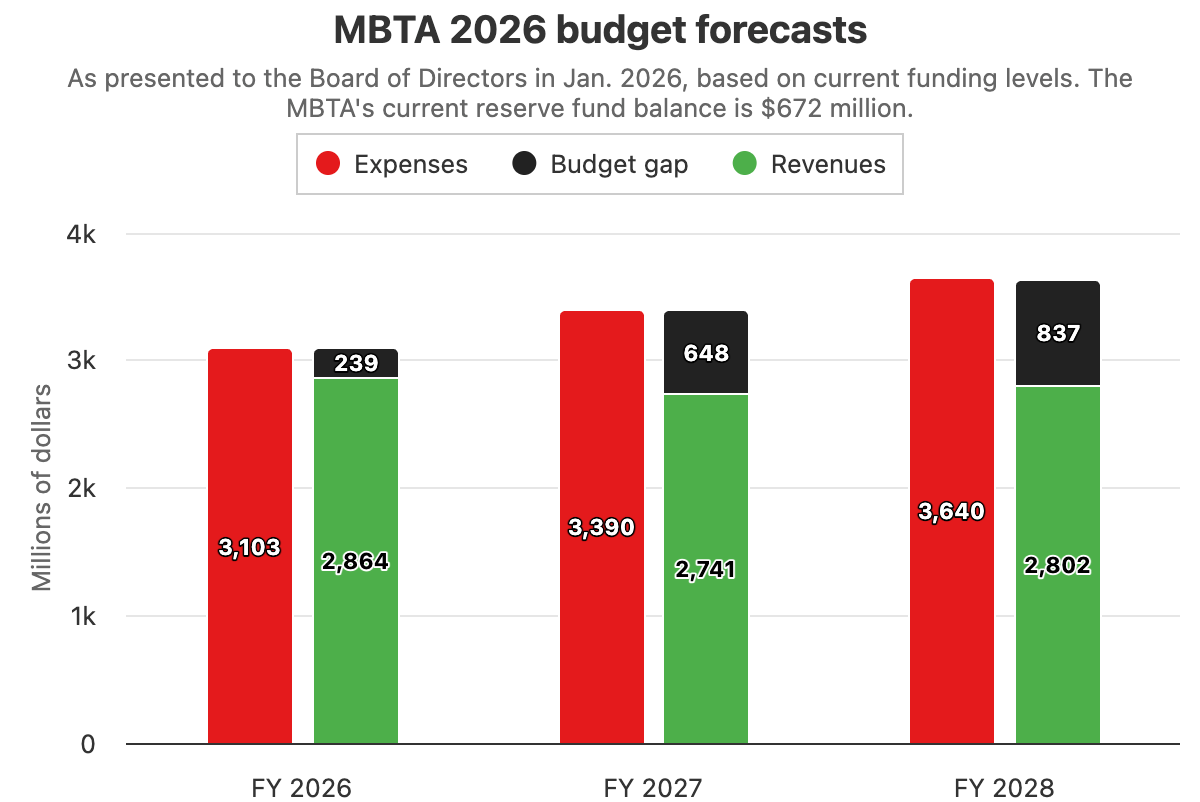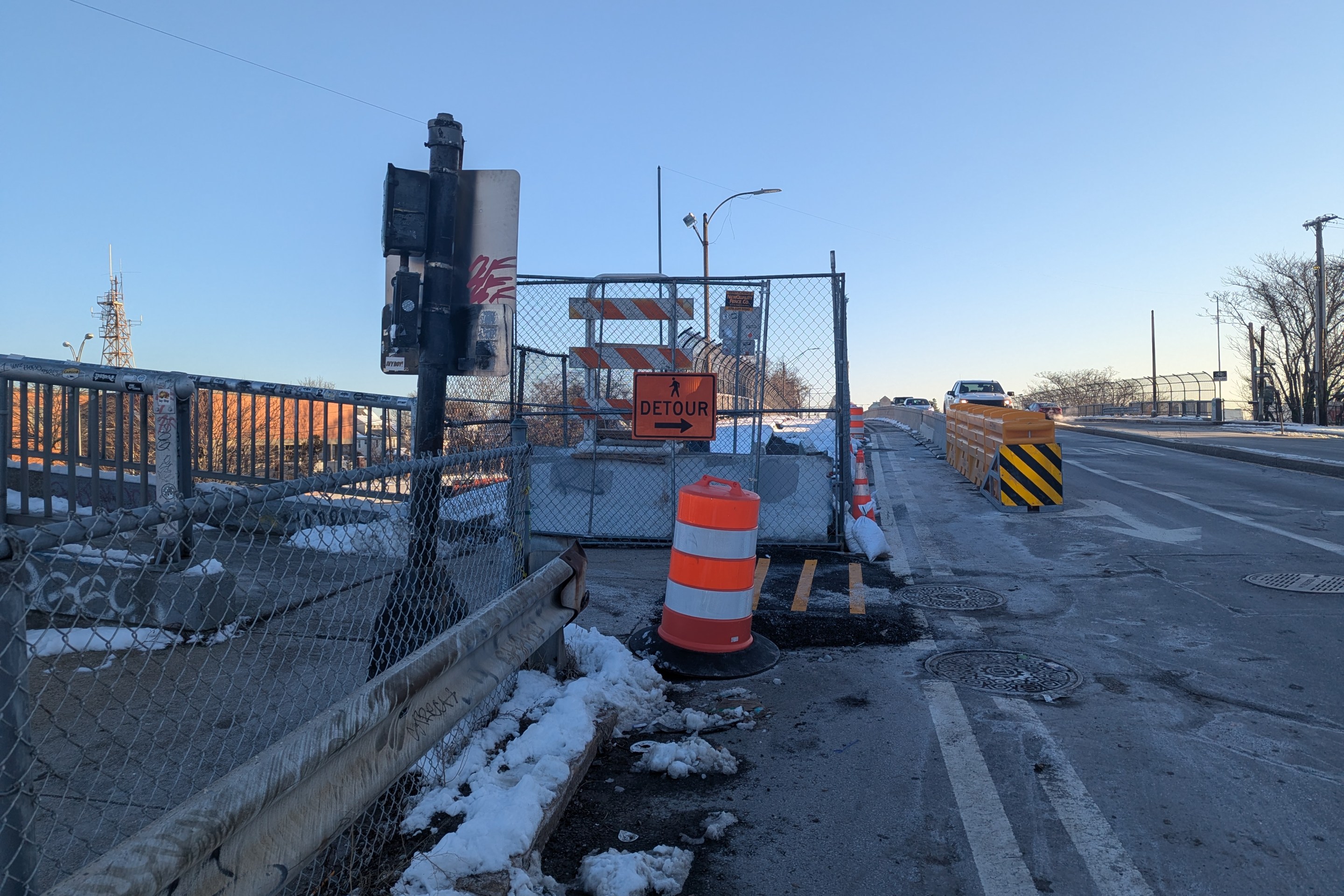
Listen to Me, Stories of the Unnoticed, a series curated by Emerson students in collaboration with St. Anthony’s Shrine, aims to elevate the stories of people who at one time or another have felt overlooked because of their sexual orientation, housing situation, or mental health – all very personal matters that families, social circles, and society as a whole don’t always respond to in the most helpful way.
The series showcases twenty-three stories from people’s experiences as they navigate the world after losing their home, cope with a sexual identity that conflicts with their families’ vision for their future, and the isolation that can accompany the challenges of dealing with a mental health condition like anxiety or bi-polar disorder.
The series debuted on a chilly Wednesday afternoon earlier this week, when the project’s curators set up three large display boards along a path of the Boston Common.
Although none of the stories have a direct connection to the topic of transportation, people from all walks of life and backgrounds take the bus, train, and walk and roll through city streets, and when we’re in those public spaces, we often see people who are struggling to overcome challenges in their personal lives.
Sometimes our infrastructure is friendly and accommodating, such as when the bus someone is taking to their therapist appointment is free and on time; but it can also be hostile, say, a bench at a train station split up by metal bars under the guise of accessibility.
In "The story of a person experiencing homeless and aiming to stay sober," someone shares, ”Being homeless is really hard. I want to go to the shelter but I can’t because it’s right in the drug area. I want to get clean but I can’t because drugs are everywhere.”
After leaving jail having served a 6-month sentence without a place to go, they “had to come back to the downtown Boston area.”
Another series participant originally from Michigan shared a similar story. After dealing with domestic violence, being incarcerated, and then having nowhere to go after being released, they too turned to the downtown area and experienced the incredible difficulties that go along with that living situation.
“I have had everything that I own taken from me more times than one. It’s just not easy to live the way that I’ve been living out here,” they shared.
Emerson College professor Maria Scott says students in her media relations class were interested in a project focused on social issues and how these impact the way we each live our lives.
“It’s hard to walk through the park and not walk by someone who is unhoused. And then the question becomes, ‘Well, what were their stories? What story do they want to tell us? What is no one listening to by walking by everyday?’” said Scott.
Chloe, one of the fifteen Emerson students involved in the project, says one of the takeaways for her was realizing “the power of these people finally being able to share their stories.”
The series also includes twelve LGBTQ+ stories, many of which came from Chinese and other international students.
“It’s not the same as the United States. (Chinese) culture is different,” says Ulrica, another student in the class.
She shared how brave one of the Chinese storytellers was for sharing their story with the public since back in China, “She cannot say she is from LGBTQ+ community in front of her parents.”
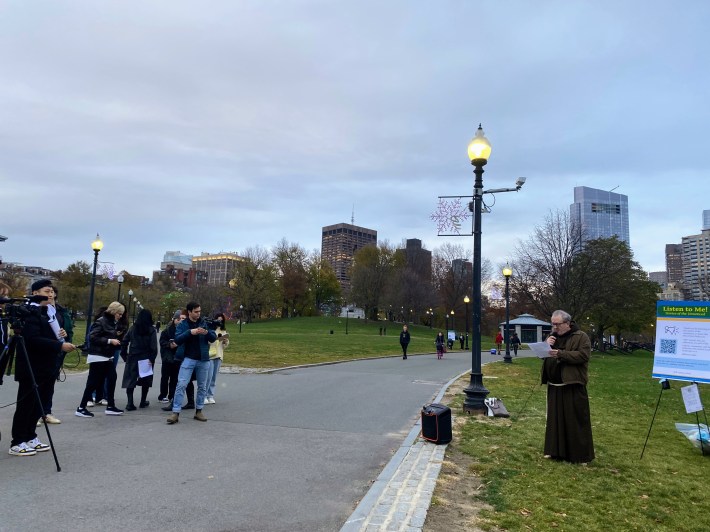
Father Tom, Executive Director of St. Anthony’s Shrine, says a big piece of the project is to “raise awareness that lots of people have untold stories..it's always helpful psychologically for people to tell their story to be able to have someone who listens.”
In the past, St Anthony’s Shrine has worked with both the Boston Police Department and also Transit Police through their work on homelessness and trying to bring a social services aspect to policing.
In terms of helping share these stories to a wider audience, Father Tom believes it could be possible to have some of these poster stations in the subway. “On principle, I don't think anybody would really object. I mean, someone’s just telling a story of a kind of hardship or difficulty in their life that they came through. I don't think anyone would really object to it really,” he said.
Like Father Tom, Chloe would also like to bring this event to other parts of the city .“Maybe in the North End or by South Station. Because there is a demand. People think this is so important,” she said.
Outside South Station, one of Boston’s major train stations located downtown, folks have set up temporary living accommodations as best they can along Summer Street. The station is one of the few T stations with public bathrooms where people don’t need to ask a T ambassador for access.
“I feel like when we’re even walking down the street we see so many of unhoused individuals or people suffering from mental health..if you stay and listen to some of these stories, they are so impactful and so important and I'm sure that a lot of the struggles are related to what you maybe also feel. So just see them as people. These things shouldn't be overlooked and unnoticed,” Chloe said.
All the stories are available to the public in text and voice versions on Canva. The voices you’ll hear are from volunteers reading over the original text to protect people’s privacy.
